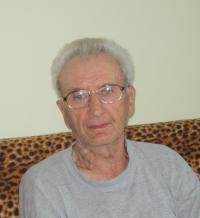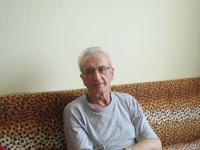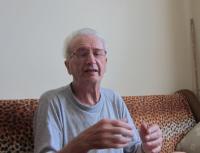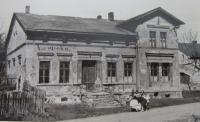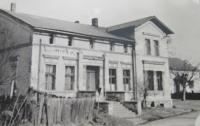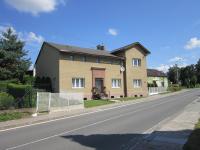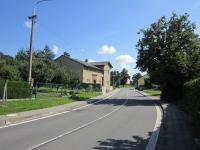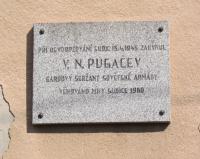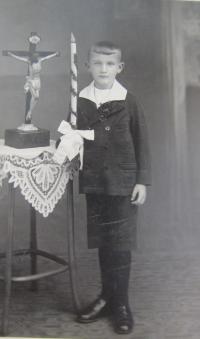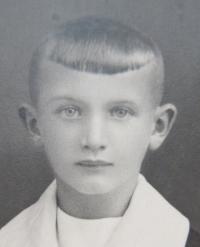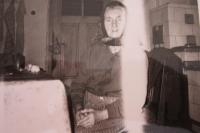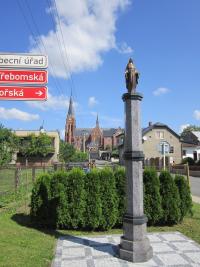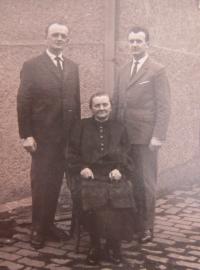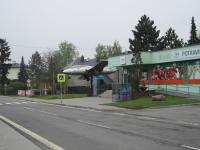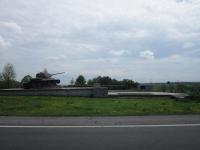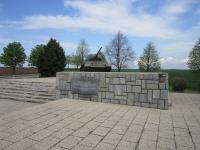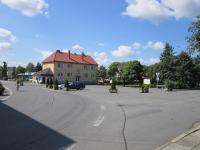A slightly different region of Hlučínsko

Download image
Erich Plachtzik was born in 1930 in Sudice (German Zauditz) in the region of Hlučínsko. His father was German and his mother belonged to the minority of the Moravci. Erich Plachtzik spent his entire life in Sudice. He lived there during the period of the First Republic, when the family house served as a customs station on the border with Germany. He also lived there during World War II, when Sudice was under the rule of Nazi Germany. In March 1945, the village became the first liberated settlement in Bohemia and Moravia but by then the family of Mr. Plachtzik was already hiding in Nové Lublice near Opava. In 1946, the Plachtziks were the only landlords in the village who were not included in the expulsion of the Germans. The Plachtziks had a large farm and they resisted the farms collectivization for several years. Eventually, however, they succumbed to the persecution and oppression, and in 1958 joined the farms collective in Sudice as the last landlords to do so. Erich Plachtzik worked for the farms collective of Sudice as an employee. Subsequently, he worked in the Central Controlling and Testing Institute in Opava and then until his retirement in the gypsum mines in Kobeřice. In 1967, he married the German Dorotea Borsutzka, who was born in Wroclaw (formerly Breslau) and Hlučínsko became a refuge for her family while they were fleeing from the advancing frontlines in 1945. Today, the spouses still live in Sudice.
